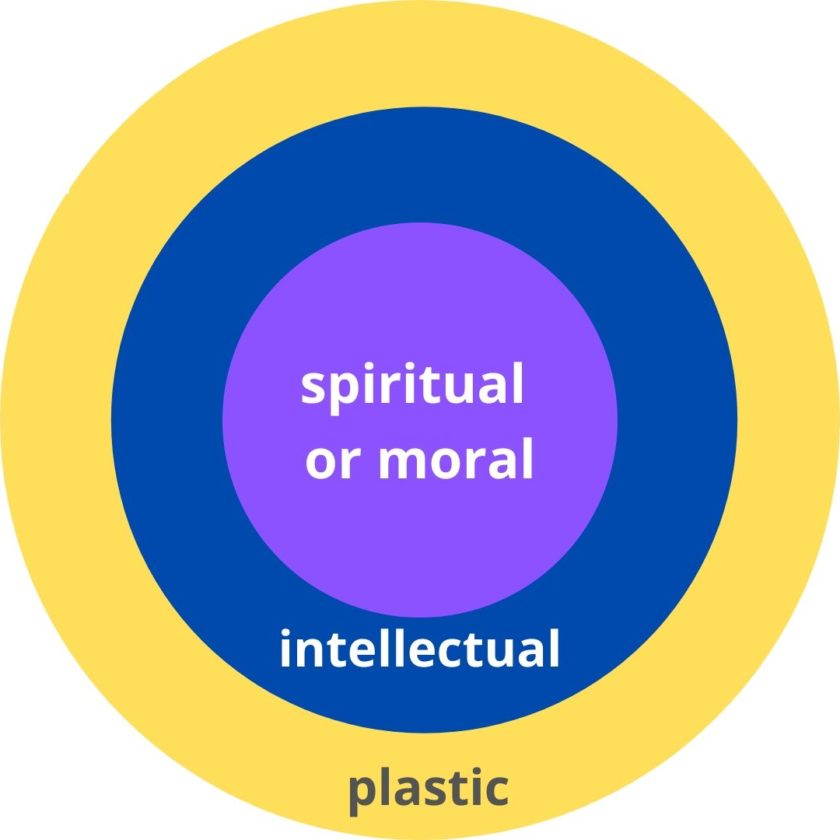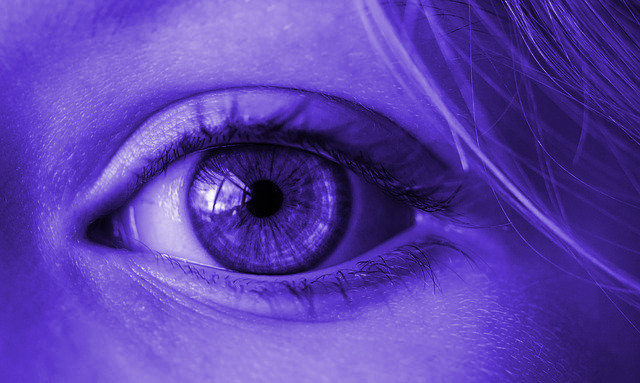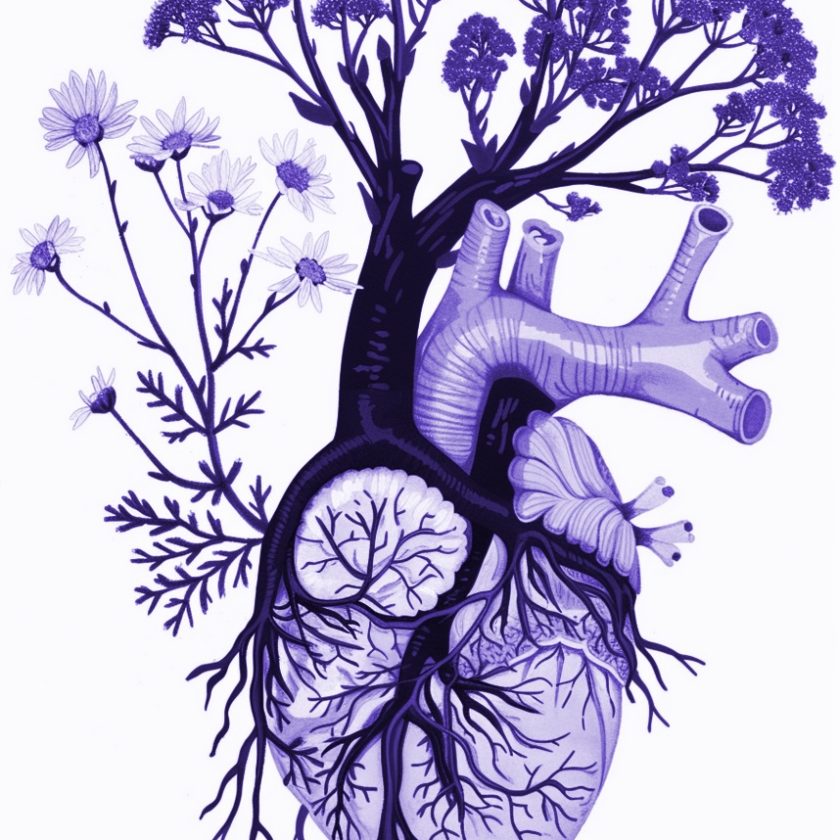Beauty seems to play a role with regard to the moral education of the people and conversely.
This has found a plural expression over time. First of all, beauty was considered to be a divine manifestation of which nature is the best expression. The idea of beauty was built intimately with the idea of harmony. Harmony brings a feeling of peace and well-being unlike disharmony. As evolution progressed, beauty became a human creation which took the form of arts.
The idea of perceived harmony of nature was found expressed in architecture, painting, sculpture, music, literature etc. Nevertheless, the injunction of harmony or beauty has recently disappeared from the artistic canons, perhaps due to the commodification of art.
The expression of beauty does not only present a plastic form, it is above all an intangible manifestation. Let’s analyze together its different manifestations:
- The plastic beauty: art and artistic expression (painting, sculpture etc.)
- The
intellectual beauty (art access to the truth):
- The scientific beauty: the hard sciences, that is to say the art of being right a way mathematizable
- The literate beauty: the human sciences which allow to approach the truth from a conceptual point of view (philosophy)
- The
spiritual and moral beauty:
- Cultivate the beauty of the soul
Each individual is generally sensitive to the expression of one of the dimensions of beauty. Here, I am going to propose the following affirmation to which you will not all adhere: all the manifestations of beauty proceed from the beauty of the soul or moral.
The soul (or morality) is the hard core of being. If you are vigilant about the nature of your soul and its inclinations, you can be sure that beauty will be expressed in an intellectual or plastic way. Of course here, I mean that someone who defines himself as spiritual or moral is not necessarily so. Indeed, there are many false devotees whose zeal (with which they live their “spirituality”) is the very expression of their deception. Authentic seekers of spiritual beauty are not bigots. They may not even define themselves as moral or belonging to any religious community. However, they have an authentic approach to spiritual or moral quest.

When someone puts morality or spiritual beauty as the first principle (which involves the purification of the soul), only then can they indulge in beauty in all its other forms.
Thus, to judge a work of art according to this logic, it would be advisable to judge the intentions which were at the origin of it: did the person act out of vanity or by offering to the divine (or by simple detachment). Any artistic production can be made with the awareness of transcendence. It is not for nothing that throughout history, art has essentially been spiritual (it was not only due to the fact that religious power was political).
A society which places as its first principle the need to seek the beauty of the soul or the morality, harvests only the benefits of beauty in other fields of beauty (whether scientific, literary or artistic) . The sincere search for spiritual or moral beauty at the collective level leads to an elevation of a society and its lasting influence on others. Thus, it is not trivial to see that civilizations radiated precisely at the time when they were most concentrated on whether spiritual life it spiritual (ex: Ashoka Empire in India) or moral (the Enlightenment in Europe, the ancient Athenian world, Qing dynasty in China etc.).










